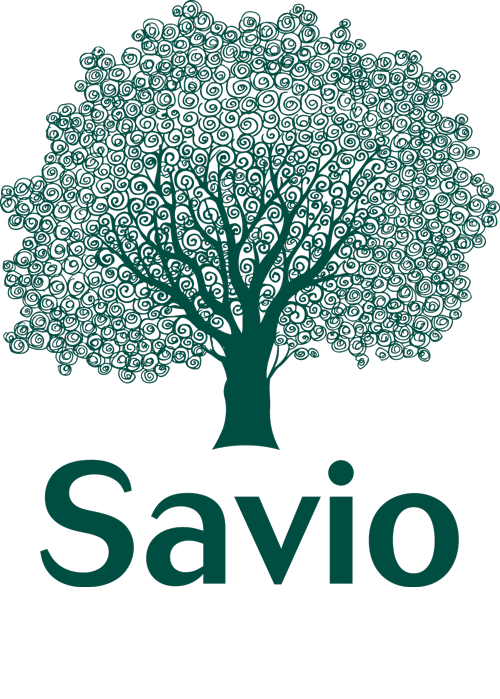Diversity Month - Featuring Child First Therapist LaDaiju Velez
April is Diversity Month, and we here at Savio love the opportunity to celebrate the diverse staff, families, and supporters with whom the organization partners. This month we will be highlighting several staff members, and how they feel their unique identity has allowed them to become stronger clinicians and support Colorado children, youth, and families. These unique identities allow for them to help families consider how their own identities may impact their experiences and mental health.
LaDaiju Velez’s identity is central to how she approaches all of her work. She is a mother, an African American woman, a Christian, a wife to a law enforcement officer and a Savio Child First therapist. As a member of Savio’s Accountability Coalition for Equity, she works to ensure that the organization hears, believes, and honors people’s lived experiences. The coalition recognizes the opportunity to facilitate communication and make resources for clients, employees, and systems to understand the value of diversity and role of identity in treatment. The coalition is dedicated to building a culture of accountability, conversation, learning opportunities, and action.
“Most of the families we work with have identities that can lead to marginalization. Substance use, mental health, race, and socioeconomic level, all can be a part of what make family fear that they will not be treated fairly by the ‘system’. And historically that is correct,” Velez pointed out.
There are large racial disparities in the child welfare system for families of color. Black children are three times more likely to be separated from their parents than white children. While organizations like Savio are working to change this on a systemic level, individual families still face the fear that they may lose custody of their child because of unconscious bias. Social work has typically been considered a white woman’s field. As a black therapist, Velez has also seen how impactful it can be for families to see themselves in the professions they are inviting into their lives.
Velez made sure to clarify that she was not suggesting that families should only have therapists that share the same identity as them, “A lot of the families just want to know that you understand what it feels like to be considered different. You do not have to share the same identity as them, but you do have to be able to tell them that their identity will not be a reason that they do not receive adequate support to heal their family.”
When asked which aspect of her identity strengthens her work the most, Velez replied, “I am a mom. I understand the stressors that these parents are facing. I know what it is like to be exhausted from work, trying to address my own mental health, and then having a toddler who does not want to put their shoes on.”
Her identity as a mother allows her to empathize and build trust with her clients. An important step in all Savio’s therapeutic models, but especially important in the model Velez specializes in, Child First which addresses multigenerational trauma. Often the parents she is working with were involved with the child welfare system when they were children. Now facing the same system as parents, they often fear being treated differently because of their identity.
The Child First model is known for being collaborative. Partnering a clinician with a care coordinator adds additional perspectives from each of the members of the team. These unique perspectives help to strengthen the sense of acceptance and understanding as families work with the team. Savio is grateful to have therapists like LaDaiju Velez, who are bringing the strengths that come from their own identities to improve the services that the organization is able to offer to Colorado children, youth, and families.
